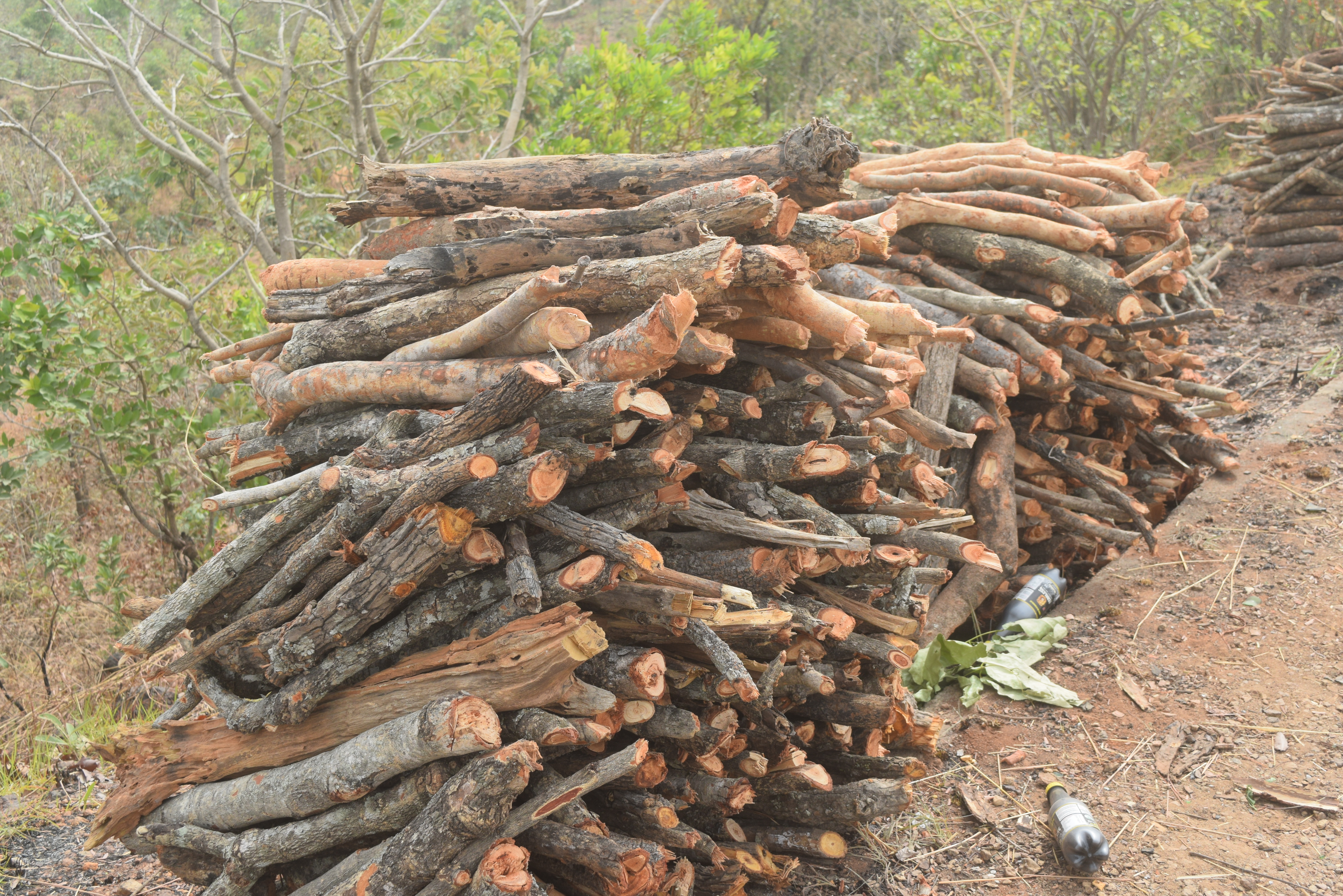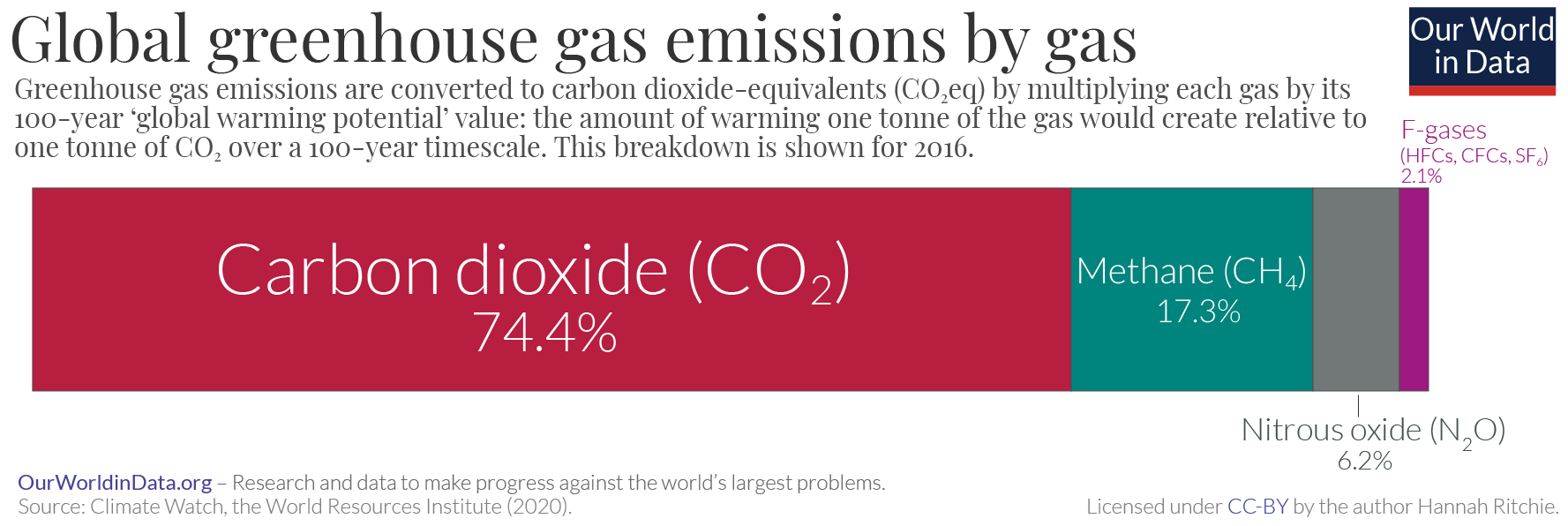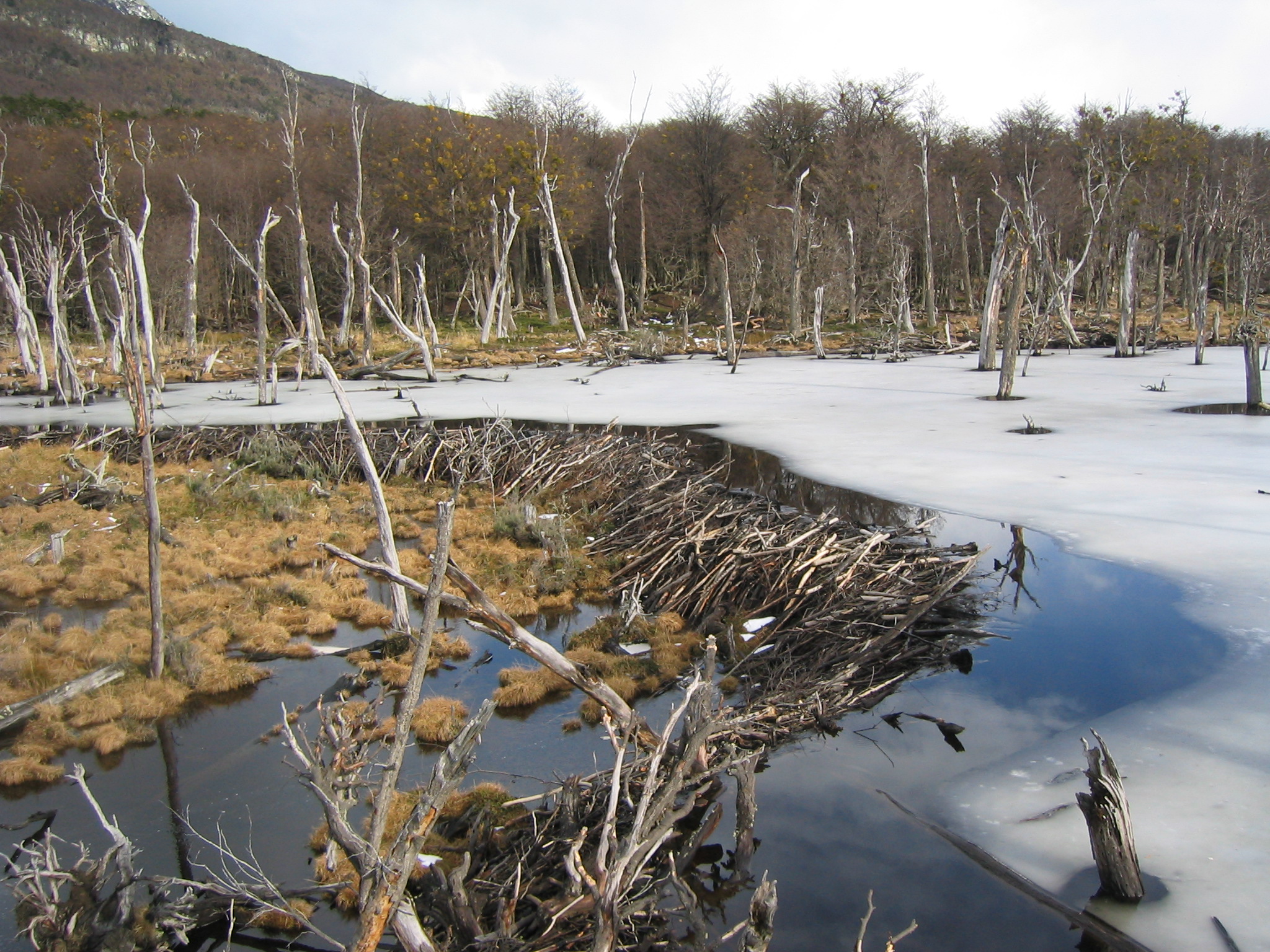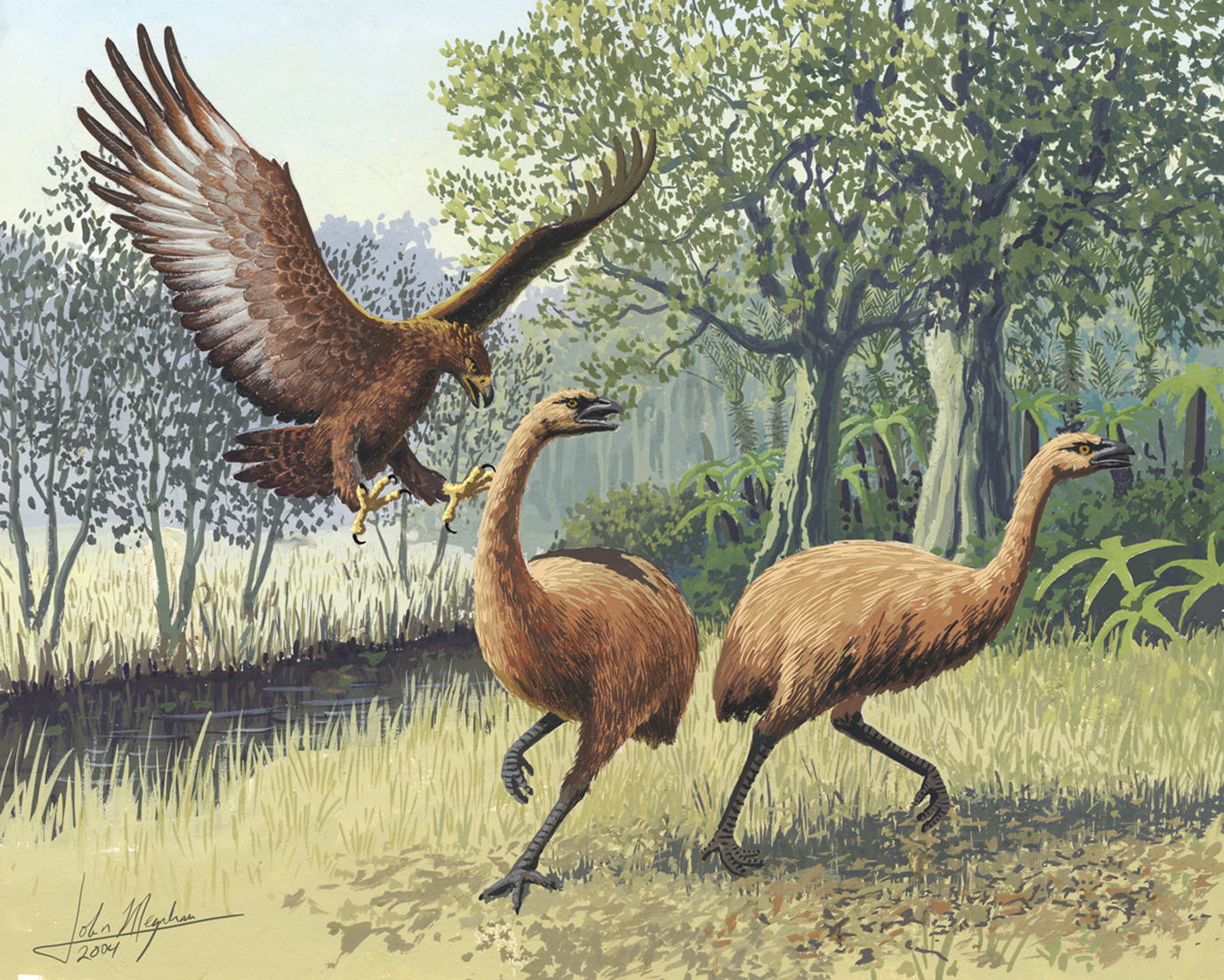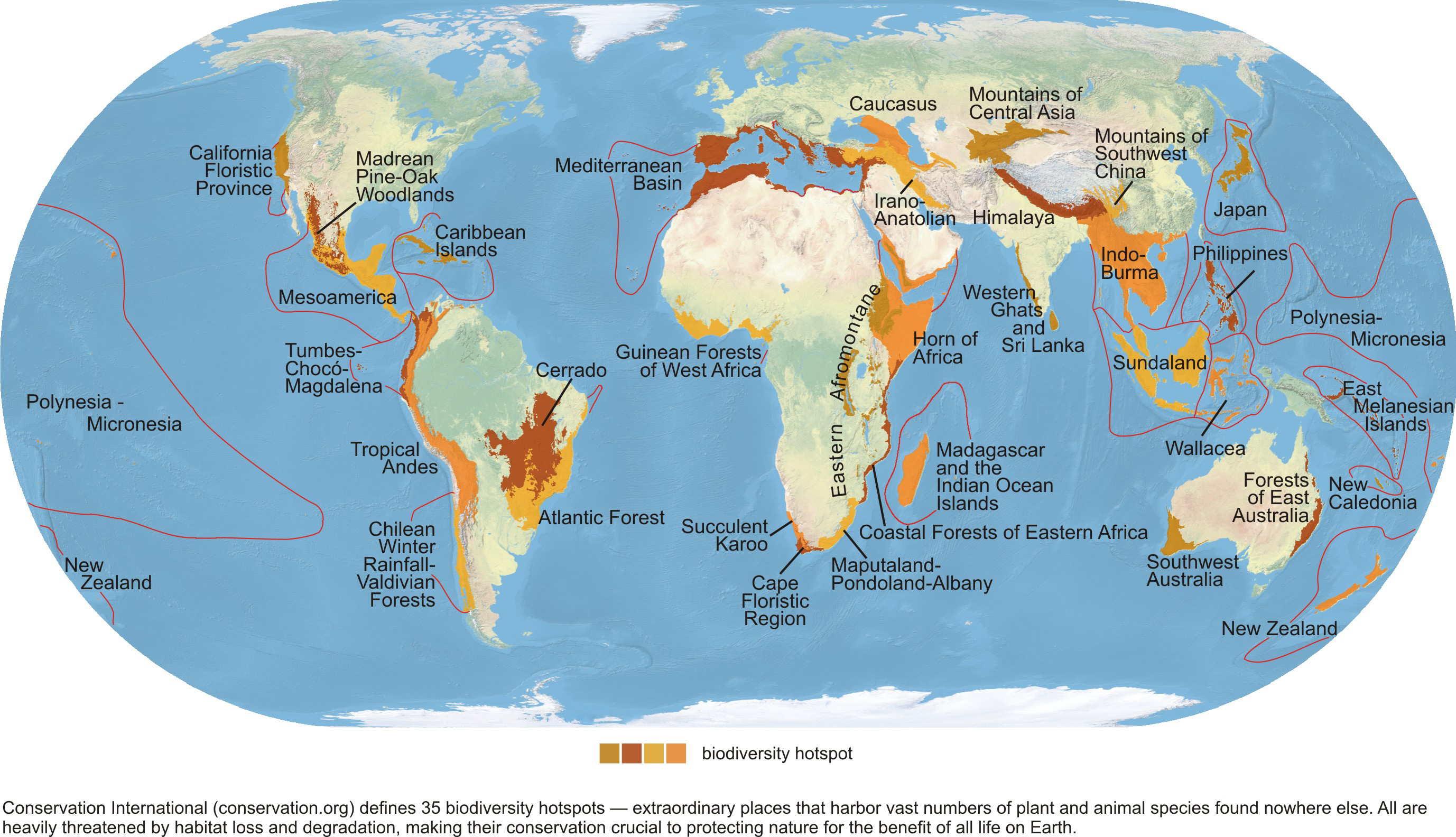|
Fuel Wood Utilization In Nigeria
In Nigeria, firewood is a traditional source of energy for domestic and commercial use. Fuel wood is derived from cutting and burning wood materials such as logs and twigs. It has long been prevalent among rural and sometimes urban dwellers. In Nigeria, as in numerous other developing nations, a significant portion of the population lacks access to modern energy alternatives. Consequently, they heavily depend on traditional Biomass (energy), biomass fuels such as crop waste and wood to fulfill their basic energy requirements, particularly for home and commercial cooking purposes. This reliance on fuel wood has implications for deforestation, as the Sustainability, unsustainable harvesting of wood for fuel contributes to the Forest degradation, degradation of forests and the loss of biodiversity. The excessive demand for fuel wood places immense pressure on forest resources, leading to the depletion of woodlands and the disruption of delicate ecosystems. Furthermore, deforestation ... [...More Info...] [...Related Items...] OR: [Wikipedia] [Google] [Baidu] |
Firewood (184189073)
Firewood is any wooden material that is gathered and used for fuel. Generally, firewood is not heavily processed, and is in some sort of recognizable log or branch form, compared to other forms of wood fuel like pellets. Firewood can be seasoned and heat treated (dry) or unseasoned (fresh/wet). It is generally classified as either hardwood or softwood. Firewood is a renewable resource. However, demand for this fuel can outpace its ability to regenerate on a local or regional level. Good forestry practices and improvements in devices that use firewood can improve local wood supplies. Smoke from fire created by burning wood causes respiratory and other diseases. Moreover, transporting firewood long distances can potentially spread plant pests/diseases and invasive species. History For most of human history, firewood was the main fuel, until the use of coal spread during the Industrial Revolution. As such, access to firewood was a valued resource, with wood botes or the ri ... [...More Info...] [...Related Items...] OR: [Wikipedia] [Google] [Baidu] |
Greenhouse Gas Emissions
Greenhouse gas (GHG) emissions from human activities intensify the greenhouse effect. This contributes to climate change. Carbon dioxide (), from burning fossil fuels such as coal, petroleum, oil, and natural gas, is the main cause of climate change. The top contributors to greenhouse gas emissions, largest annual emissions are from China followed by the United States. The United States has List of countries by greenhouse gas emissions per capita, higher emissions per capita. The main producers fueling the emissions globally are Big Oil, large oil and gas companies. Emissions from human activities have increased Carbon dioxide in Earth's atmosphere, atmospheric carbon dioxide by about 50% over pre-industrial levels. The growing levels of emissions have varied, but have been consistent among all greenhouse gases. Emissions in the 2010s averaged 56 billion tons a year, higher than any decade before. Total cumulative emissions from 1870 to 2022 were 703 (2575 ), of which 484±20 (177 ... [...More Info...] [...Related Items...] OR: [Wikipedia] [Google] [Baidu] |
Ecosystem
An ecosystem (or ecological system) is a system formed by Organism, organisms in interaction with their Biophysical environment, environment. The Biotic material, biotic and abiotic components are linked together through nutrient cycles and energy flows. Ecosystems are controlled by external and internal Environmental factor, factors. External factors—including climate—control the ecosystem's structure, but are not influenced by it. By contrast, internal factors control and are controlled by ecosystem processes; these include decomposition, the types of species present, root competition, shading, disturbance, and succession. While external factors generally determine which Resource (biology), resource inputs an ecosystem has, their availability within the ecosystem is controlled by internal factors. Ecosystems are wikt:dynamic, dynamic, subject to periodic disturbances and always in the process of recovering from past disturbances. The tendency of an ecosystem to remain clo ... [...More Info...] [...Related Items...] OR: [Wikipedia] [Google] [Baidu] |
Invasive Species
An invasive species is an introduced species that harms its new environment. Invasive species adversely affect habitats and bioregions, causing ecological, environmental, and/or economic damage. The term can also be used for native species that become harmful to their native environment after human alterations to its food web. Since the 20th century, invasive species have become serious economic, social, and environmental threats worldwide. Invasion of long-established ecosystems by organisms is a natural phenomenon, but human-facilitated introductions have greatly increased the rate, scale, and geographic range of invasion. For millennia, humans have served as both accidental and deliberate dispersal agents, beginning with their earliest migrations, accelerating in the Age of Discovery, and accelerating again with the spread of international trade. Notable invasive plant species include the kudzu vine, giant hogweed (''Heracleum mantegazzianum''), Japanese knotw ... [...More Info...] [...Related Items...] OR: [Wikipedia] [Google] [Baidu] |
Overexploitation
Overexploitation, also called overharvesting or ecological overshoot, refers to harvesting a renewable resource to the point of diminishing returns. Continued overexploitation can lead to the destruction of the resource, as it will be unable to replenish. The term applies to natural resources such as water aquifers, grazing pastures and forests, wild medicinal plants, fish stocks and other wildlife. In ecology, overexploitation describes one of the five main activities threatening global biodiversity. Ecologists use the term to describe populations that are harvested at an unsustainable rate, given their natural rates of mortality and capacities for reproduction. This can result in extinction at the population level and even extinction of whole species. In conservation biology, the term is usually used in the context of human economic activity that involves the taking of biological resources, or organisms, in larger numbers than their populations can withstand. The term i ... [...More Info...] [...Related Items...] OR: [Wikipedia] [Google] [Baidu] |
Climate Change
Present-day climate change includes both global warming—the ongoing increase in Global surface temperature, global average temperature—and its wider effects on Earth's climate system. Climate variability and change, Climate change in a broader sense also includes previous long-term changes to Earth's climate. The current rise in global temperatures is Scientific consensus on climate change, driven by human activities, especially fossil fuel burning since the Industrial Revolution. Fossil fuel use, Deforestation and climate change, deforestation, and some Greenhouse gas emissions from agriculture, agricultural and Environmental impact of concrete, industrial practices release greenhouse gases. These gases greenhouse effect, absorb some of the heat that the Earth Thermal radiation, radiates after it warms from sunlight, warming the lower atmosphere. Carbon dioxide, the primary gas driving global warming, Carbon dioxide in Earth's atmosphere, has increased in concentratio ... [...More Info...] [...Related Items...] OR: [Wikipedia] [Google] [Baidu] |
Pollution
Pollution is the introduction of contaminants into the natural environment that cause harm. Pollution can take the form of any substance (solid, liquid, or gas) or energy (such as radioactivity, heat, sound, or light). Pollutants, the components of pollution, can be either foreign substances/energies or naturally occurring contaminants. Although environmental pollution can be caused by natural events, the word pollution generally implies that the contaminants Human impact on the environment, have a human source, such as manufacturing, Extractivism, extractive industries, poor waste management, transportation or Agricultural pollution, agriculture. Pollution is often classed as point source pollution, point source (coming from a highly concentrated specific site, such as a factory, Environmental effects of mining, mine, construction site), or nonpoint source pollution (coming from a widespread distributed sources, such as microplastics or agricultural runoff). Many sources of po ... [...More Info...] [...Related Items...] OR: [Wikipedia] [Google] [Baidu] |
Habitat Destruction
Habitat destruction (also termed habitat loss or habitat reduction) occurs when a natural habitat is no longer able to support its native species. The organisms once living there have either moved elsewhere, or are dead, leading to a decrease in biodiversity and species numbers. Habitat destruction is in fact the leading cause of biodiversity loss and species extinction worldwide. Humans contribute to habitat destruction through the use of natural resources, agriculture, industrial production and urbanization (urban sprawl). Other activities include mining, logging and trawling. Environmental factors can contribute to habitat destruction more indirectly. Geological processes, climate change, introduction of invasive species, ecosystem nutrient depletion, water and noise pollution are some examples. Loss of habitat can be preceded by an initial habitat fragmentation. Fragmentation and loss of habitat have become one of the most important topics of research in ecology as the ... [...More Info...] [...Related Items...] OR: [Wikipedia] [Google] [Baidu] |
Loss Of Biodiversity
Biodiversity loss happens when plant or animal species disappear completely from Earth (extinction) or when there is a decrease or disappearance of species in a specific area. Biodiversity loss means that there is a reduction in biological diversity in a given area. The decrease can be temporary or permanent. It is temporary if the damage that led to the loss is reversible in time, for example through ecological restoration. If this is not possible, then the decrease is permanent. The cause of most of the biodiversity loss is, generally speaking, human activities that push the planetary boundaries too far. These activities include habitat destruction (for example deforestation) and land use intensification (for example monoculture farming). Further problem areas are air and water pollution (including nutrient pollution), over-exploitation, invasive species and climate change. Many scientists, along with the ''Global Assessment Report on Biodiversity and Ecosystem Services'', s ... [...More Info...] [...Related Items...] OR: [Wikipedia] [Google] [Baidu] |
Air Pollution
Air pollution is the presence of substances in the Atmosphere of Earth, air that are harmful to humans, other living beings or the environment. Pollutants can be Gas, gases like Ground-level ozone, ozone or nitrogen oxides or small particles like soot and dust. It affects both outdoor air and indoor air. Natural sources of air pollution include Wildfire, wildfires, Dust storm, dust storms, and Volcanic eruption, volcanic eruptions. Indoor air pollution is often Energy poverty and cooking, caused by the use of biomass (e.g. wood) for cooking and heating. Outdoor air pollution comes from some industrial processes, the burning of Fossil fuel, fossil fuels for electricity and transport, waste management and agriculture. Many of the contributors of local air pollution, especially the burning of fossil fuels, also cause greenhouse gas emissions that cause climate change, global warming. Air pollution causes around 7 or 8 million deaths each year. It is a significant risk factor for ... [...More Info...] [...Related Items...] OR: [Wikipedia] [Google] [Baidu] |
Pollutant
A pollutant or novel entity is a substance or energy introduced into the environment that has undesired effect, or adversely affects the usefulness of a resource. These can be both naturally forming (i.e. minerals or extracted compounds like oil) or anthropogenic in origin (i.e. manufactured materials or byproducts). Pollutants result in environmental pollution or become of public health concern when they reach a concentration high enough to have significant negative impacts. A pollutant may cause long- or short-term damage by changing the growth rate of plant or animal species, or by interfering with resources used by humans, human health or wellbeing, or property values. Some pollutants are biodegradable and therefore will not persist in the environment in a long term. However, the degradation products of some pollutants are themselves pollutants such as DDE and DDD produced from the degradation of DDT. Pollution has widespread negative impact on the environment. Wh ... [...More Info...] [...Related Items...] OR: [Wikipedia] [Google] [Baidu] |
Ecosystem
An ecosystem (or ecological system) is a system formed by Organism, organisms in interaction with their Biophysical environment, environment. The Biotic material, biotic and abiotic components are linked together through nutrient cycles and energy flows. Ecosystems are controlled by external and internal Environmental factor, factors. External factors—including climate—control the ecosystem's structure, but are not influenced by it. By contrast, internal factors control and are controlled by ecosystem processes; these include decomposition, the types of species present, root competition, shading, disturbance, and succession. While external factors generally determine which Resource (biology), resource inputs an ecosystem has, their availability within the ecosystem is controlled by internal factors. Ecosystems are wikt:dynamic, dynamic, subject to periodic disturbances and always in the process of recovering from past disturbances. The tendency of an ecosystem to remain clo ... [...More Info...] [...Related Items...] OR: [Wikipedia] [Google] [Baidu] |
